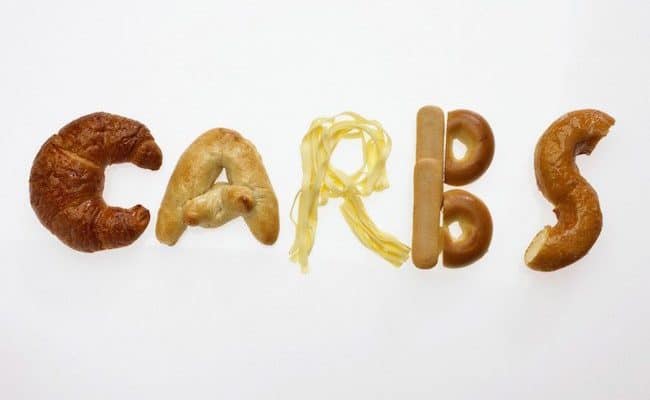
Over the years, weight seems to creep on gradually, often so slowly that you don’t really notice any change. However, ten years down the track you are left to wonder how you gained those extra pounds and how, when you once were a healthy weight, you have gradually slipped into the overweight category.
Many people go on diets to lose weight once they have gained it, but few think about preventing weight loss in the first place and alter their diet to maintain a healthy weight over the years. It is much easier to avoid gaining weight in the first place than to lose it once it has been gained and this is true whether it is weight you have gained over the years or even extra pounds piled on over the winter period.
So what is the secret to maintaining a healthy weight and how can you avoid weight gain over the years?
The big secret
The big secret to maintaining a healthy weight is not as big as you might think. In fact it’s more of a scientific truth than a secret or trick. Changes in our body weight depend mainly on two factors, calories in and calories out. To lose weight the calories you eat need to be less than those you burn through physical activity and those required to maintain the body’s natural functions.
If you eat more energy than you burn you will gain weight, and so, if you eat the same amount of calories as you burn, you will maintain weight.
So really the secret the keeping a constant body weight over the years is to make sure you are always in energy balance. Unfortunately, this is a lot easier said than done and there are numerous other factors that can influence your weight, so even though you may find an eating regime and diet that keeps you in energy balance when you are in your twenties, this will probably need to be adjusted as you age and with changes in your lifestyle.
How to stay in energy balance
Staying in energy balance means being constantly aware of what you are eating, how much exercise you are doing and generally being in tune with your body. If you feel you are going through a time when you are eating more, be it in the holiday period, you are dining out more or you any other reason, try to compensate by either increasing your exercise to burn more or by selecting healthy lower calorie options for other meals.
For example, if you know you will be attending quite a few Christmas dinner celebrations during the festive season, you may want to reduce the size of your portions and choose low energy density options such as vegetables and fruit to make up the meals that you are not eating out.
Similarly if you go through a time when you cannot work out as much as you would normally or find your lifestyle is less active than it has been in the past, you will have to adjust your energy intake accordingly in order to maintain that energy balance.
Although there are exact ways to calculate your energy expenditure and requirements to maintain weight, in general day to day living this is not practical and you are better off just making small changes to reduce your intake such as smaller portions, low calorie foods and cutting out snacks and extras that you may have been able to get away with when you were working out more.
The fit of your clothes may be another sign that you are consuming more calories than you are burning. Women in particular will notice great variation when they weight themselves, which could be caused by any number of factors.
This tends to conceal any small gains in weight that may be going on, so for this reason, a slightly tight pair of pants or a dress that won’t button up quite to the top may be better indications that a small amount of weight gain is going on.
Easy changes to maintain your weight
If you notice the weight creeping on, are getting older or have had a lifestyle change that has affected your diet or exercise levels, you may need to reassess your energy balance. This can be achieved by carrying out a few of these easy changes.
To reduce energy in:
- Reduce portion sizes
- Choose low fat and sugar options
- Fill up on low energy density foods such as vegetables
- Choose lower calorie snacks such as fruit
- Eliminate unnecessary snacks and think about if you are really hungry before eating.
- Drink water preferentially
To increase energy out:
- Increase your organized exercise levels by joining a gym or sports club
- Walk more when possible
- Try to be more active throughout the day
- Increase your muscle mass by doing resistance training and therefore increasing your metabolic rate.










